1. Friday Night Lights (NBC, 2006–2011)
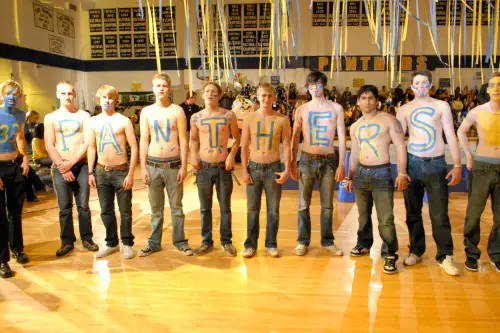
This drama wasn’t just about high school football—it was about small-town dreams, struggles, and heartbreaks, according to Katharine Pollock from The Guardian. Set in the fictional town of Dillon, Texas, it captured the tight-knit intensity of rural American life. The show spotlighted real issues like economic hardship, racism, and teen pregnancy without sensationalizing them. Coach Taylor and his wife, Tami, felt like the couple you knew growing up—flawed, loving, and doing their best.
What made Friday Night Lights so memorable was its respect for quiet moments. It didn’t try to shock you; it tried to understand you. The handheld camera work gave it a raw, almost documentary feel. And the way it showed how much a game could mean to a town? That was real.
2. Treme (HBO, 2010–2013)
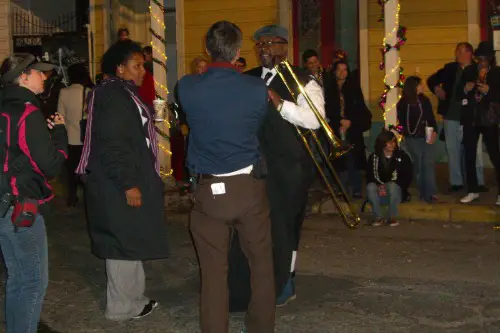
Set in post-Katrina New Orleans, Treme didn’t just tell stories—it listened to them. The show followed musicians, chefs, and everyday residents rebuilding their lives after the storm, Lucy Mangan from The Guardian explains. With its slow-burn pacing and rich cultural detail, it felt more like eavesdropping than watching TV. It was less about plot and more about people, which made it incredibly human.
You could almost smell the gumbo and hear the brass bands echoing down the streets. Unlike reality shows, which often chase drama, Treme leaned into resilience and community. It spotlighted how art and culture are woven into daily survival. That kind of authenticity is rare.
3. Rectify (SundanceTV, 2013–2016)
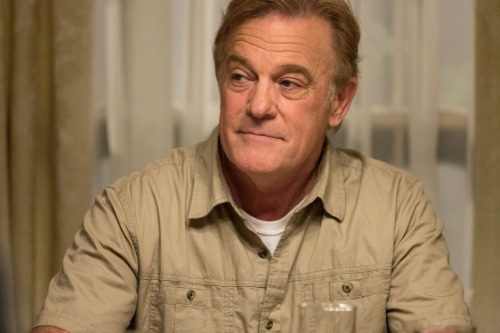
Rectify told the story of a man released from death row after 19 years when DNA evidence casts doubt on his conviction, Emily Nussbaum from The New Yorker explains. The series explored how freedom doesn’t always mean liberation. Small-town Georgia became a pressure cooker for long-held resentments, whispered gossip, and family trauma. Its slow, meditative tone mirrored the uncertainty of trying to start over.
What made it special was its refusal to tie things up neatly. Real life is messy, and Rectify respected that. The show focused on quiet gestures and unspoken pain more than courtroom twists. It gave viewers time to sit with moral complexity, just like real people have to.
4. The Middle (ABC, 2009–2018)
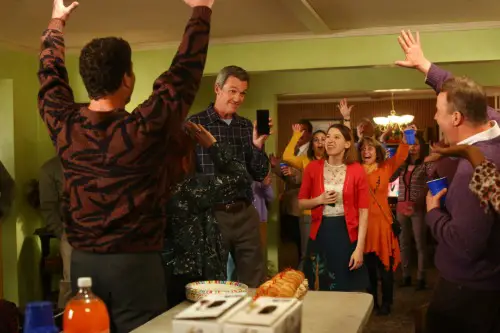
This one’s often overshadowed by louder sitcoms, but The Middle nailed the chaos of middle-class American life, according to Emily St. James from Vox. Centered around the Heck family in Indiana, it was funny because it was familiar. Broken appliances, weird kids, financial stress—they didn’t glamorize it, they lived in it. Frankie and Mike Heck were the kind of parents who forgot to sign field trip forms and ate dinner in front of the TV.
Instead of shiny life lessons, the show offered resigned sighs and a lot of duct tape. It spoke for the majority of Americans who aren’t trying to “have it all”—they’re just trying to get through the week. It was goofy, yes, but rooted in reality. That quiet relatability is what made it so sincere.
5. My So-Called Life (ABC, 1994–1995)
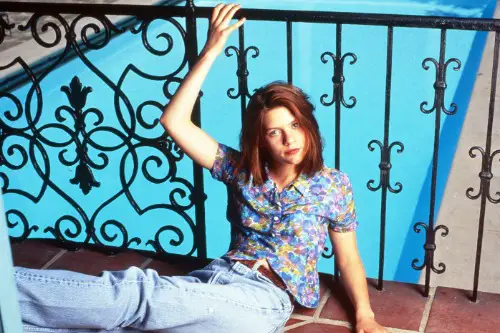
Angela Chase was every confused teenager you’ve ever known—or been. This short-lived series captured adolescence in a way few others have. It didn’t sugarcoat anything: school cliques, awkward crushes, or the overwhelming pressure to be “normal.” It dared to treat teenagers like real people with real thoughts.
The show didn’t lean on big twists; it focused on tiny moments that felt massive when you’re fifteen. Her relationship with her parents was filled with frustration and love in equal measure. It showed that teens and adults are often just speaking past each other. In just one season, it nailed what growing up really feels like.
6. King of the Hill (Fox, 1997–2010)
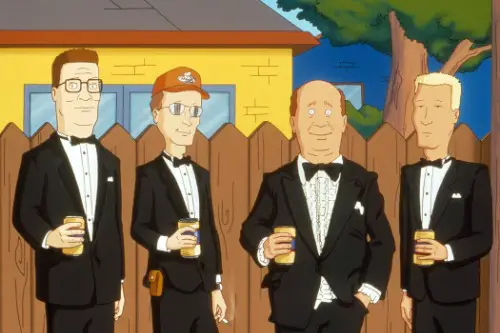
Yes, it was animated, but King of the Hill may be one of the most grounded portrayals of American life ever on TV. Arlen, Texas was fictional, but the people felt real—stubborn, quirky, and deeply rooted in their values. Hank Hill was a propane salesman, proud of his lawn, confused by change, and trying to be a good dad. The show found quiet humor in normalcy.
It didn’t mock its characters—it respected them, flaws and all. It gave airtime to blue-collar life without irony. And it tackled topics like immigration, education, and parenting with unexpected nuance. Somehow, it felt more honest than most “real” shows ever have.
7. The Wire (HBO, 2002–2008)
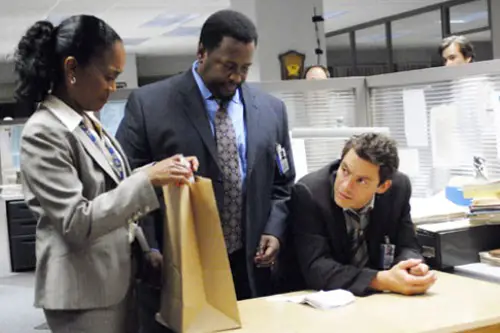
A lot has been said about The Wire, but it’s not just a cop show—it’s a sociology lesson in five seasons. Set in Baltimore, it looked at drugs, policing, politics, schools, and journalism with a startling level of realism. Each season peeled back another layer of systemic dysfunction. The characters weren’t heroes or villains—they were people caught in systems they couldn’t control.
The dialogue wasn’t polished; it sounded like real conversations you’d overhear. Even background extras were often real locals. It refused to give easy answers, which is probably why it still hits so hard. Reality TV might show conflict, but The Wire showed why it exists in the first place.
8. Parenthood (NBC, 2010–2015)
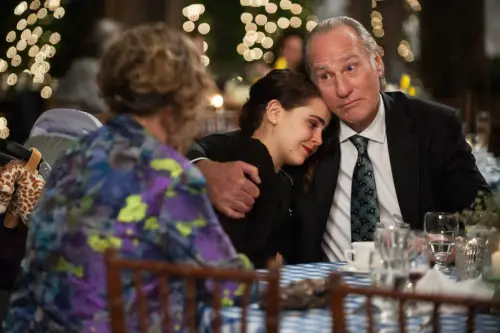
If you’ve ever tried to juggle kids, aging parents, and your own identity at the same time, Parenthood probably hit a nerve. The Braverman family’s messy, loud, loving dynamic was equal parts touching and exasperating. From autism diagnoses to financial strain to marital tension, it touched on the very real things families go through. And it didn’t rush to fix them in one episode.
There were no easy villains, just misunderstandings and different perspectives. That’s what made the show so grounded—it understood how life keeps happening even when you’re not ready. It also knew that sometimes, all you can do is show up. And often, that’s enough.
9. Enlightened (HBO, 2011–2013)
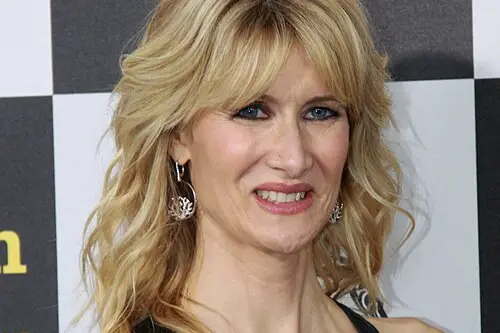
Laura Dern played Amy Jellicoe, a corporate exec who has a meltdown, goes to rehab, and comes back determined to change the world—or at least her office. Enlightened was about trying to be a better person in a world that keeps rewarding the worst behavior. It tackled mental health, capitalism, and redemption with dry wit and uncomfortable honesty. Amy was often infuriating but also painfully human.
The show understood that self-improvement isn’t always inspiring—it’s awkward, hypocritical, and slow. It didn’t hand out tidy endings or cheap empowerment. And it treated its characters with empathy even when they made bad choices. That kind of storytelling is rare, and deeply real.
10. Everwood (The WB, 2002–2006)
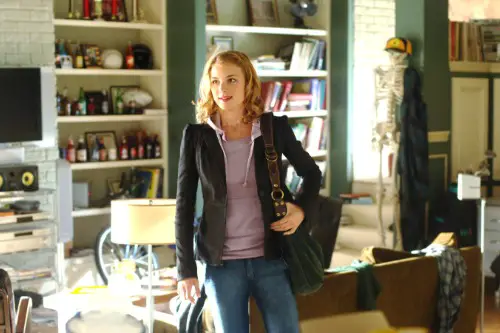
When a widowed brain surgeon moves his kids to a tiny Colorado town, you’d expect sentimentality—but Everwood delivered substance. It explored grief, ambition, teenage rebellion, and forgiveness in surprisingly thoughtful ways. The characters weren’t stock archetypes—they evolved, sometimes in ways that hurt. And the show never shied away from consequences.
What made Everwood stand out was its quiet pacing and moral complexity. Decisions had weight, and people struggled to communicate. It was a show about people trying, and failing, and trying again. And honestly, what’s more real than that?
11. Men of a Certain Age (TNT, 2009–2011)
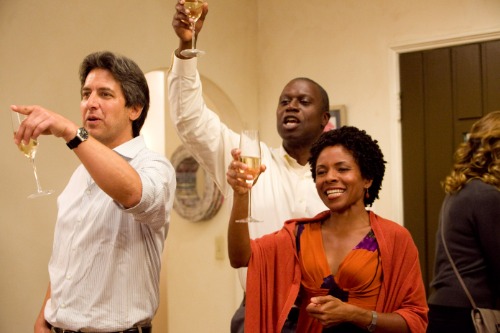
This show followed three middle-aged friends dealing with aging, divorce, business stress, and unfulfilled dreams. It was refreshingly low-key—no explosions, just existential dread in coffee shops and car dealerships. Ray Romano, Andre Braugher, and Scott Bakula brought subtlety to roles that could’ve been clichés. The show understood that adulthood often feels like treading water.
There were no shocking plot twists, just little victories and small heartbreaks. It captured the quiet anxiety of realizing life didn’t turn out how you imagined. And it showed how friendship can be a lifeline even when everything else is murky. A deeply underappreciated gem.
12. Southland (NBC/TNT, 2009–2013)
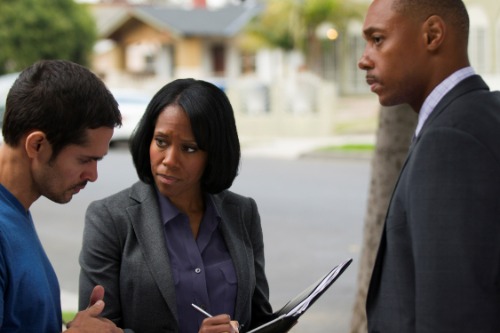
This gritty cop drama avoided the glossy, CSI-style approach and got its hands dirty with realism. Shot on the streets of L.A., it followed officers and detectives dealing with trauma, bureaucracy, and moral ambiguity. It didn’t glorify violence or law enforcement—it showed the toll it took. The shaky cameras and tight scripts made it feel like you were right there.
It didn’t offer heroes or villains—just people doing a hard job in a flawed system. Storylines didn’t always resolve, because real life doesn’t work that way. It treated crime not as entertainment but as tragedy. And that gave it far more weight than most police shows.
13. Terriers (FX, 2010)
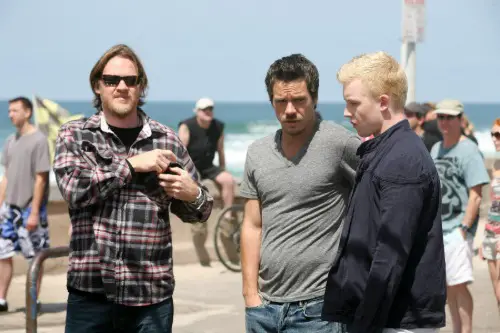
This one-season wonder mixed noir with emotional depth in a way few shows manage. It followed an ex-cop and a former thief running an unlicensed P.I. business in Ocean Beach, California. What started as quirky cases slowly turned into a dark conspiracy—but always grounded in friendship and personal stakes. The chemistry between Donal Logue and Michael Raymond-James was unbeatable.
But what really hit was how Terriers showed two guys trying to stay afloat while everything around them fell apart. It was about debt, addiction, loyalty, and compromise. It captured the kind of scraped-together life that doesn’t make headlines but fills up whole neighborhoods. And it deserved so much more attention than it got.


